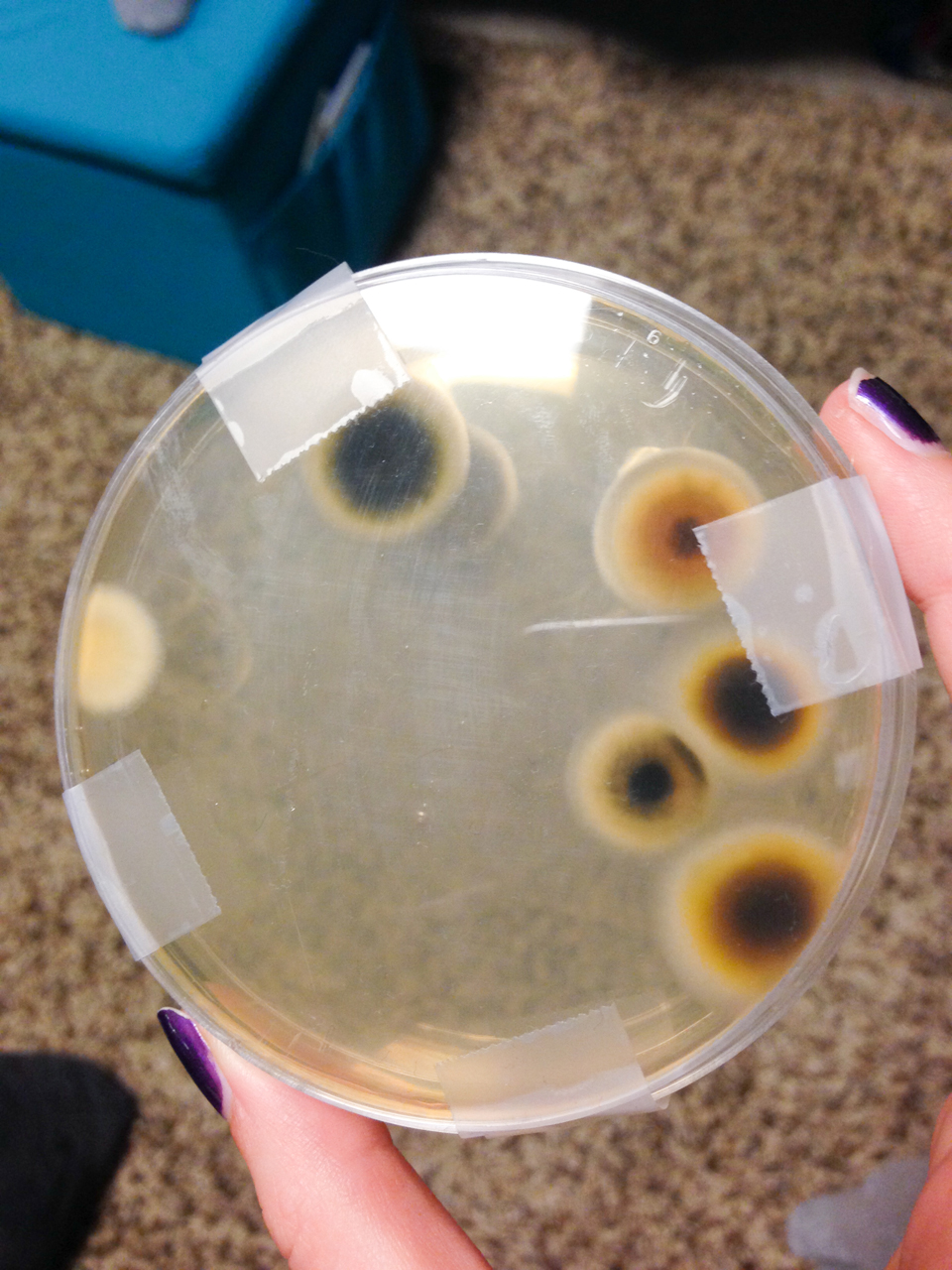

Pure Thirst is also hosting the Wine into Water even on Tuesday Oct. 2 from 4:30 to 6:30 in the Africa Room. The event features local wineries and proceeds from the tickets go to funding research done by this organization.
Claudia Hardy | Staff Writer
09/27/2018
Millions of individuals die every year due to water scarcity and contamination. If you could bring change to communities who need it, why wouldn’t you?
Thanks to Duquesne’s university’s Pure Thirst project, students are able to raise awareness about the world’s water crisis and work towards eliminating scarcity issues in Tanzania.
The Pure Thirst project strives to educate students in Western Pennsylvania about this crisis in hopes that real change to occur. According to the Pure Thirst Facebook page, they have managed to collect more than $60,000, constructed two water purification systems in Honduras and educated thousands of students in the area.
In addition to these accomplishments, the group has produced a documentary about their water project and the experiences they had in Tanzania.
“Our involvement had three main goals,” documentary narrator Catherine Hull said. “To facilitate the updating of the community water pipes, to educate at the local grade schools and to research the community’s levels of fluoride in their water and discover any feasible ways to reduce such levels.”
Hull, along with other Pure Thirst members Kayley Szymanski, Faba Malik and Adam Milyak, attended the three-and-a-half week trip.
“Ultimately, we wanted our trip and time spent in Tanzania to create an understanding between two cultures,” Hull said. “Ours in America and theirs in Tanzania.”
Each member had a distinct role in creating the documentary. Malik, a biology major, tested the fluoride levels and how to reduce them. Milyak also captured photos and video footage to create the documentary.
Hull had traveled on the Pure Thirst trip to Tanzania last year and had familiarity with the area and people.
Cultural guides Matthew Hansen and Meghan Blaskowitz also attended the trip to help the group become familiar with the villages and facilitate interactions with local Tanzanians.
The group also dedicates the creation of this project to various partners, including the Spiritans, Rotary International and the university as a whole.
“The Spiritans were crucial in aiding in the logistics of the project, and helping us understand the cultural differences,” Hull said.
The trip was split between living with the community of Okakola and staying at a Mission in between the town of Okakola and Arusha.
“We go outside of our comfort zones,” Szymanski said. “If we just stay together and speak English they aren’t going to want to come up to us. If you approach them and show interest in the culture, they get more excited to talk about it.”
Szymanski described the absorption of culture as a two-way street.
“A couple of community members that I spoke with wanted to help teach me more Swahili and learn more about the culture,” Szymanski said. “But they also wanted to learn from me and that’s a really cool take-give element.”
In addition to giving back to the local communities of Tanzania, members were also able to improve their own personal skills.
“The most rewarding part of making this film was giving back to Pure Thirst by being able to tell their story and highlight the great work and relationships they have formed over in Tanzania,” Milyak said. “Students should get involved in Pure Thirst because they will have the opportunity to best utilize their own skill set.”
Over the next several months, the group strives to continue spreading their mission to the population of Western Pennsylvania with their upcoming event Wine to Water, as well as becoming more educated on what they can do to properly assist communities in Tanzania.




